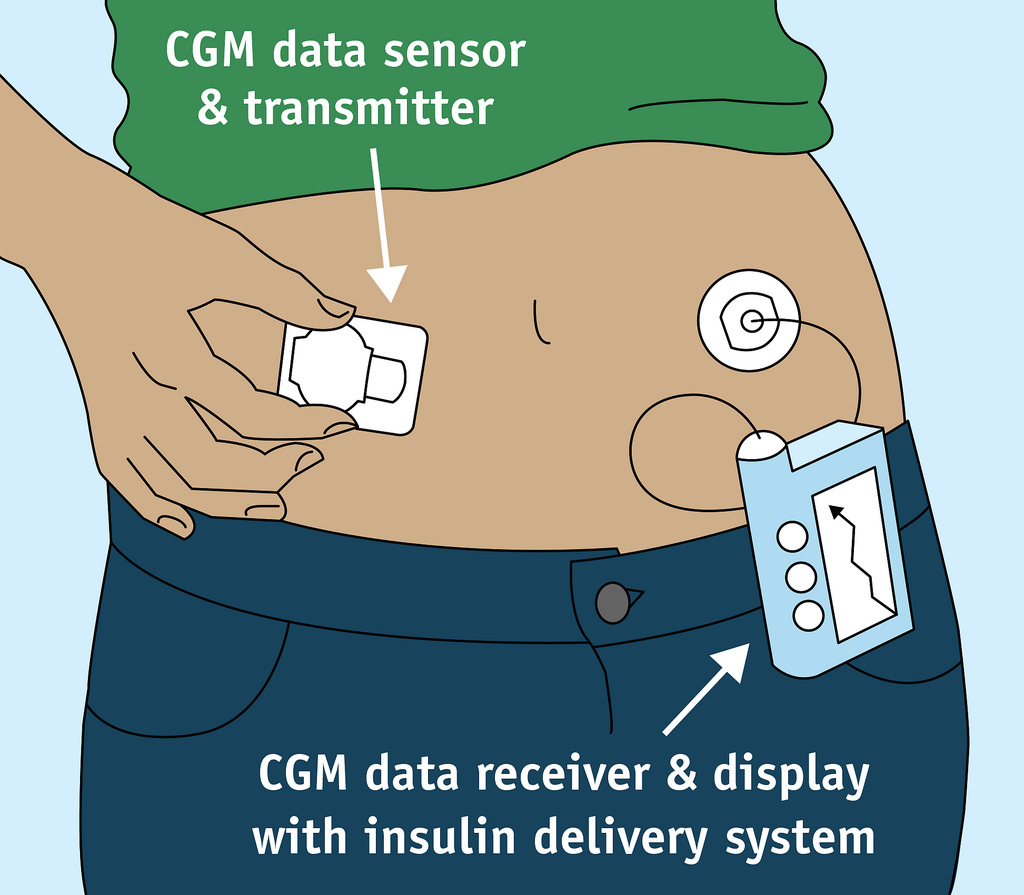Search
Research
Promoting Resilience in Stress Management for Parents (PRISM-P) intervention in parents of young children with T1DKeely Amy Tim Bebbington Finlay-Jones Jones MClinPsych/PhD BPsych(Hons), MPsych(Clinical), MHealthEcon, PhD (Clin Psych) MBBS DCH FRACP MD McCusker
Research
Reducing Rates of Severe Hypoglycemia in a Population-Based Cohort of Children and Adolescents With Type 1 Diabetes Over the Decade 2000–2009The objective of this study was to examine rates of severe hypoglycemia (SH) in a large population-based cohort of children with type 1 diabetes and...
Research
Lifecourse childhood adiposity trajectories associated with adolescent insulin resistanceIn light of the obesity epidemic, we aimed to characterize novel childhood adiposity trajectories from birth to age 14 years and to determine their relation...
Research
Does commencement of a gluten- free diet improve blood glucose control in children and young people with Type 1 Diabetes and Coeliac Disease?If the gut becomes damaged it may not be able to process the foods that we eat as well as it used to. This may also affect how we look after diabetes.
Research
Aussi-AdDITInvestigating changes in retinopathy, aortic intima media thickness & heart rate variability, indicators of macrovascular disease & autonomic neuropathy

Research
Closed Loop Study – Day and Night Feasibility StudyA Closed-Loop System will potentially have a major impact upon acute and chronic complications of diabetes as well as upon their quality of life.
Research
Effect of blood glucose levels on the amount of glucose needed to maintain stable blood glucose levels during and after moderate intensity exercise in young people with type 1 diabetesDetermining if hyperglycaemia prior to and during exercise affects the amount of carbohydrate required to maintain stable glucose levels during/after exercise
Research
Epidemiology of hypoglycaemia in childhood-onset diabetes in Western AustraliaInvestigating the demographic, lifestyle and diabetes management factors associated with the incidence of severe hypoglycemia
Research
The school experiences of children and adolescents with type 1 diabetes in Western AustraliaElevated levels of emotional difficulties among school students with T1D and variable levels of support from school staff to assist these students to manage their diabetes at school
Research
Endocrine and metabolic consequences due to restrictive carbohydrate diets in children with type 1 diabetes: An illustrative case seriesThe promotion of a low carbohydrate diet in media is in contrast to published pediatric diabetes guidelines that endorse a balanced diet from a variety of foods
